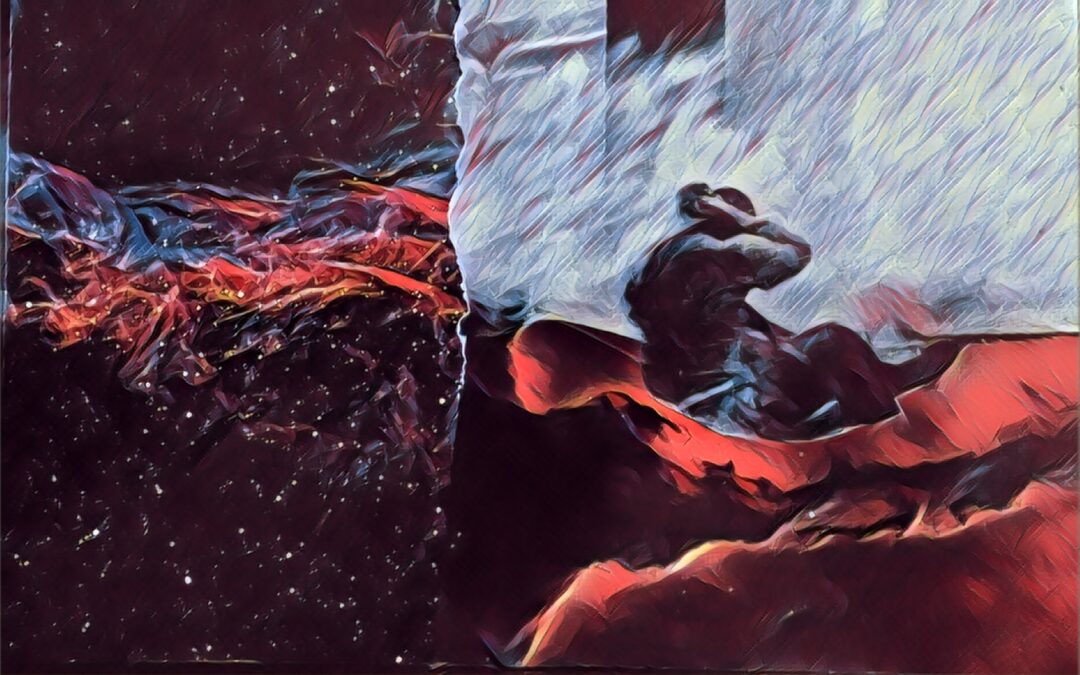“Why am I so sad? Everything was okay until recently and nothing happened to start it. I don’t know why I feel this way!” These are things someone might say who has, in Brene Brown’s terms “over-functioning” for a long time and now are experiencing delayed grief.
Delayed Grief
Sometimes when traumatic events or losses happen we don’t have time to fall apart. You feel like you have to keep it together for the family, the kids, for your job, etc. You get through the crisis, or series of crises and move on, or so you thought. It may be the case that the grief process becomes interrupted or buried and there isn’t time. You body has a wisdom that knows you don’t have time or the capacity at that moment to fall apart. Sooner or later it hits. The house of cards comes tumbling down and then you find yourself experiencing what is called delayed grief.
Symptoms of Grief
It may manifest as crying jags or sleeping more or less. On the other hand, these symptoms may turn up as anxiety, panic attacks, or feeling overwhelmed. Symptoms like these are often our bodies asking us to pay attention to something we’ve cut off from our awareness or haven’t fully processed or metabolized yet.
Grief and Trauma and the Body
Trauma is stored in the body too. We may feel pain, get sick, or have physical symptoms rather than experience trauma as emotional or mental distress. When we’ve carried the burden too long, or not been able to process things consciously, sometimes, grief and trauma is relegated to our body to process energetically. Many techniques in art therapy get in touch with the symptoms of the body and can bring these symptoms from the body and the unconscious back into consciousness to be able to sorted through and metabolized. In therapy, this process is done slowly, in bite-sized pieces rather than all at once, which can be overwhelming and detrimental.
Excavating the Past
In some cases, grief brings up old patterns from when we were younger. Like grief, psychoanalysis takes time. It takes patience, attention, and space. Grief processes take up time and energy in our lives. This is why sometimes grief requires that we take a break from the normal hustle and bustle of our lives to take care of it.
Resolution and Transformation
It won’t be forever, even though it might feel like it now. These processes are disruptions to the pattern of our normal lives so that we can learn about ourselves and become more whole through integrating these experiences. On the other side, we learn about who we are and about life. This process can be called transformation, metamorphosis, or personal alchemy. Only through the death of the caterpillar can it transmute into a butterfly.
Ready to take flight? I’d love to chat about it with you.

Maggi Colwell
Maggi is a licensed art therapist at Columbus Art Therapy who assists their clients to discover more of themselves through dream analysis, art therapy, shadow work, and depth psychotherapy. They specialize in working with grief and loss as well as c-PTSD. Click the button to sign up for Maggi's newsletter to get notifications about new blogs and upcoming events including workshops, groups, rituals, and art.

